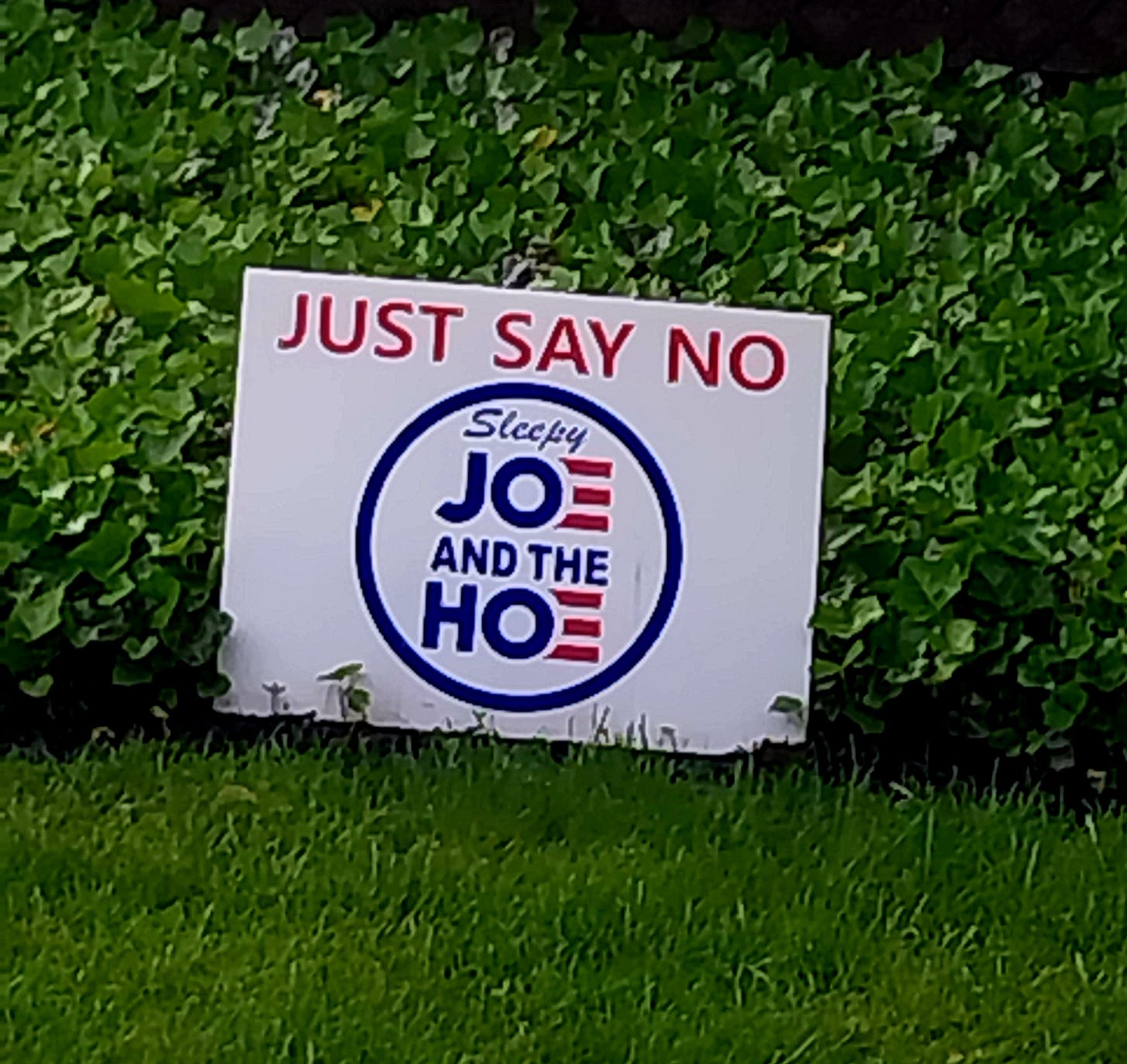"It seemed like a good idea at the time"
I hope we have a good discussion. And maybe learn something worthwhile.
“It seemed like a good idea at the time.”
I have used these words of regret throughout my life, and I found myself saying them again this week. A few months ago, I agreed to teach a course on Christian nationalism for the lifelong learning academy here in Holland, Michigan, where I live.
The election was months away, and Christian nationalism seemed like a timely, but safe topic. Not terribly controversial. I had even heard the author of the book I wanted to use for the class speak at an event in nearby Grand Rapids. He is a highly regarded academic, not exactly a political firebrand. What could go wrong? My course was quickly and quietly approved, and then three months went by, three glorious and peaceful summer months with grandchildren and lots of outdoor activities.
But then, this week, I received an email reminder from the academy’s director, reminding me to be at least 20 minutes early next Monday afternoon and to send any PowerPoint slides I was planning to use by email. “Oh, and by the way,” she wrote cheerily, “the course is full to the brim. You have picked a great topic!”
So far, she noted, 111 people had signed up to take my course. I had dared to hope for 20, maybe 25, for a nice, civil book discussion about what I thought was a mostly academic topic. And now, apparently, the academy classroom in downtown Holland will be full to overflowing, with even more joining via the virtual classroom. In my imagination, most of them will be wearing red “Make America Great Again” baseball caps.
As I said, “It seemed like a good idea at the time.”
I do not like to pick fights. As a pastor, I spent more than 40 years avoiding fights. I always thought of myself as a peacemaker, always looking for common ground, the compromise that would avoid conflict. The words of Jesus— “I have come not to bring peace but a sword” —applied to other pastors, maybe, but not to me.
And yet, the atmosphere here on the western side of Michigan, where I live, is tense. If you wear a “Harris/Walz 2024” t-shirt to the grocery store, for example, you will more than likely hear about it. The local government here has always been dominated by Republican politicians, but two years ago a group of even more conservative Republicans ran against them and won a nine-seat majority on an eleven-seat board. One of their first actions was to change the motto of our county from “Where You Belong” to “Let Freedom Ring.”
And then there are the yard signs. They sprouted everywhere in my neighborhood during the last presidential election, and now they are back and somehow they seem angrier than ever. The neighbor who used to have a “Just say No [to] Sleepy Joe and the Ho” sign in his yard now has an “Ottawa County is Trump Country” sign in his yard. (“Sleepy Joe” is no longer running, but the outrage has not gone away.)
The book (Defending Democracy From Its Christian Enemies by David P. Gushee) I’m going to use next week argues that “authoritarian reactionary” politics has been the experience of many countries where evangelical Christians (and quite a few Catholics) believe that something they loved has been taken away, that their countries are becoming more and more secular. Those countries include Russia, Hungary, Poland, Brazil, and now, apparently, the United States.
I hope we have a good discussion. And maybe learn something worthwhile.






I think I've committed!
Thanks, Jay. I suppose I am committed now to letting folks know how the class goes. I'll take a selfie from the front of the class so that you can see all the red MAGA baseball caps!